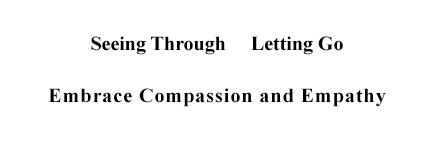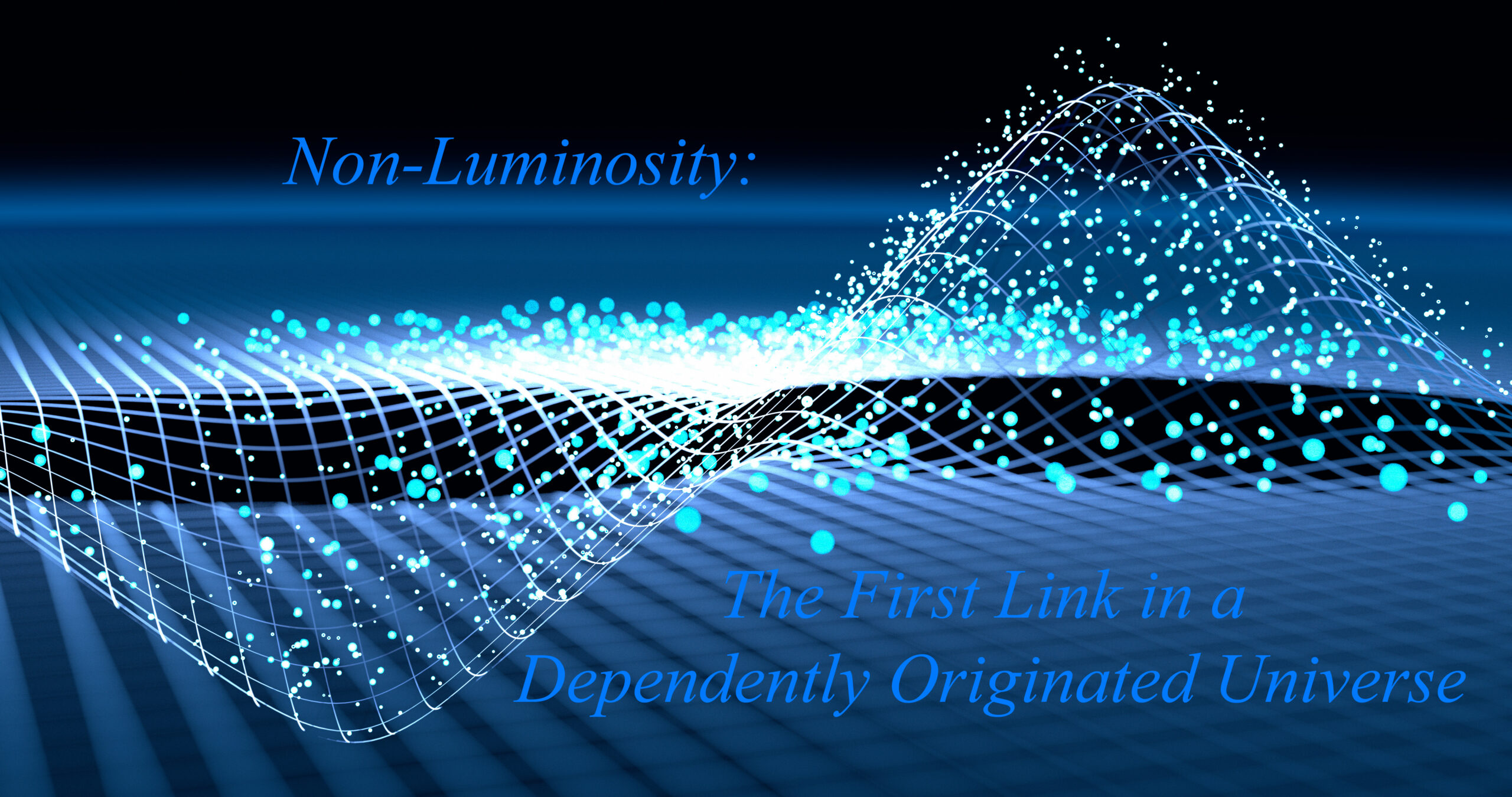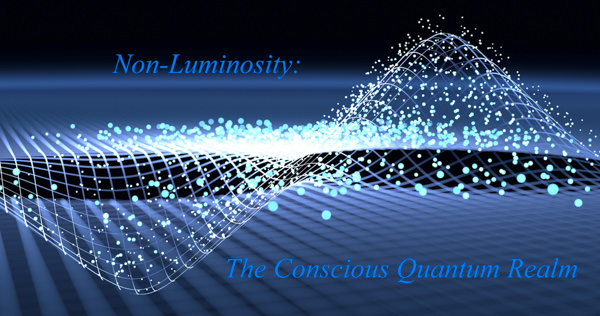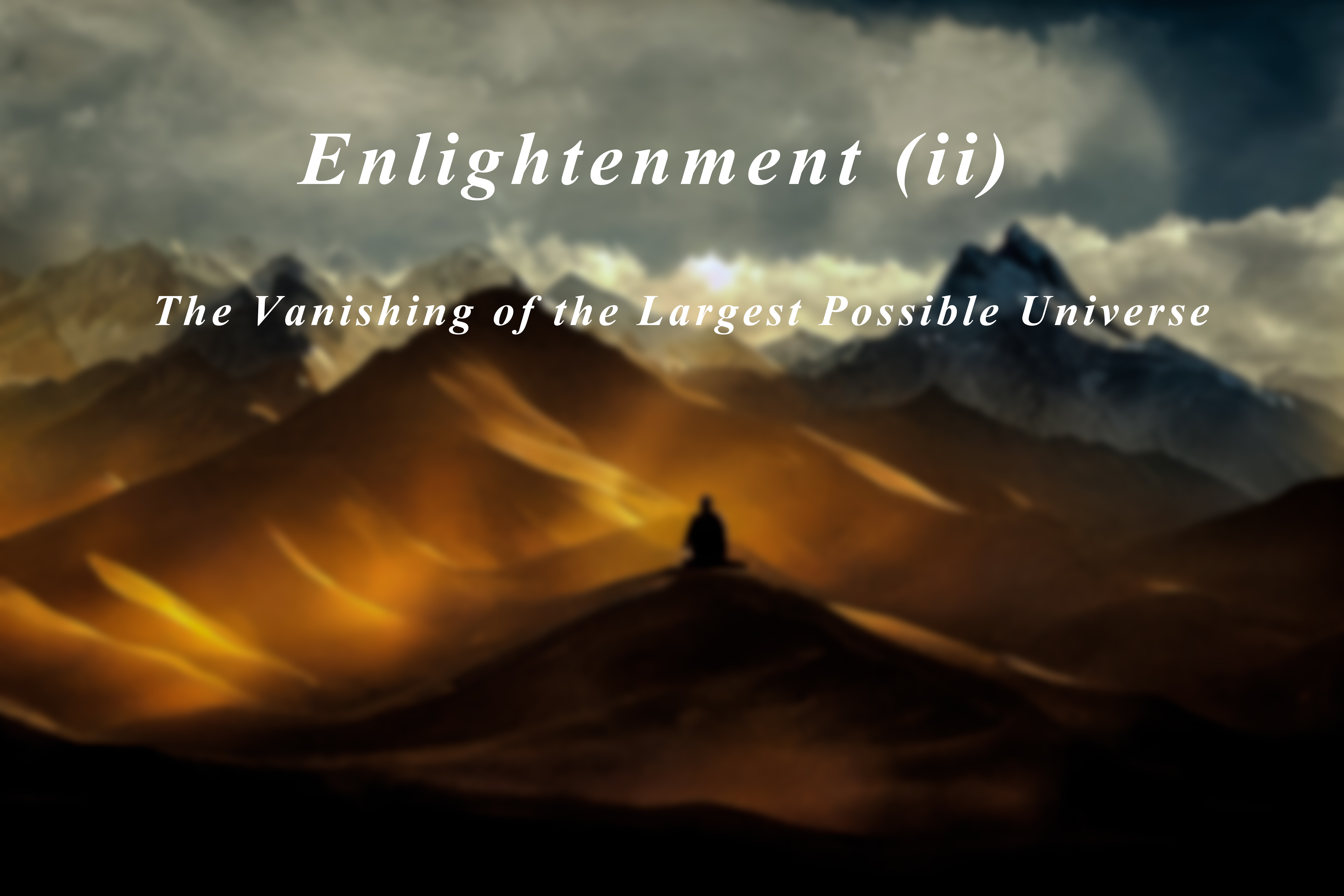Sahaloka Traveller 娑婆遊者
14. Non-Luminosity (iii) Epiphenomena-Where Buddhism Meets Quantum Mechanics
In this post, we discuss epiphenomena, where Buddhism meets quantum mechanics. As discussed before, in this episode of Closer to Truth, Dr. Frank Wilczek, a…
13. Non-Luminosity (ii) The First Link in a Dependently Originated Universe
Having discussed non-luminosity as a conscious quantum field in the previous post, we now discuss non-luminosity as the first link in a Buddhist doctrine known…
12. Non-Luminosity (i) A Conscious Quantum Field
In this post, we discuss Rupa, one of the two realms of reality in Buddha’s three-body cosmos, along with Citta. As discussed in Post 4,…
11. Enlightenment (ii) – The Vanishing of the Largest Possible Universe
Having discussed Adyashanti’s enlightenment experience, we now discuss the enlightenment experiences of two prominent monks from the Tang Dynasty in China hundreds of years ago….
10. Enlightenment (i) – Awareness-The Nature of All Existences
Having discussed Citta and its role in enlightenment, we now verify enlightenment in the Buddhist way. Globally, many people teach enlightenment, and enlightenment can mean…
9. Citta (iv) Where The Cosmos Expands
In this post, we explore where the expansion of the universe occurs by comparing Buddha’s teaching to the scientific perspective. In the 1920s, Edwin Hubble…
8. Citta (iii) The Consummate Self-Nature
In this post, we discuss the self-nature of Citta, the Ultimate Reality and Truth of the cosmos. Self-nature, or intrinsic nature, is known in Romanized…
7. Citta (ii) Enlightenment and Samadhi
Having discussed in the last post that, according to Buddha’s definition of enlightenment, Citta is the enlightened mind of the Ultimate Reality, whose “essential original…
6. Citta (i) The Ultimate Reality and Truth
In this post, we discuss Citta, the Ultimate Reality and Truth of the cosmos, and one of the two realms of reality in the cosmos:…
5. Such Is The Way Of Dharma-A Three-Body Cosmos
In this post, we discuss the Buddhist doctrine known as “Such is the Way of Dharma (Chinese: 法爾如是).” The doctrine “Such Is The Way of…











